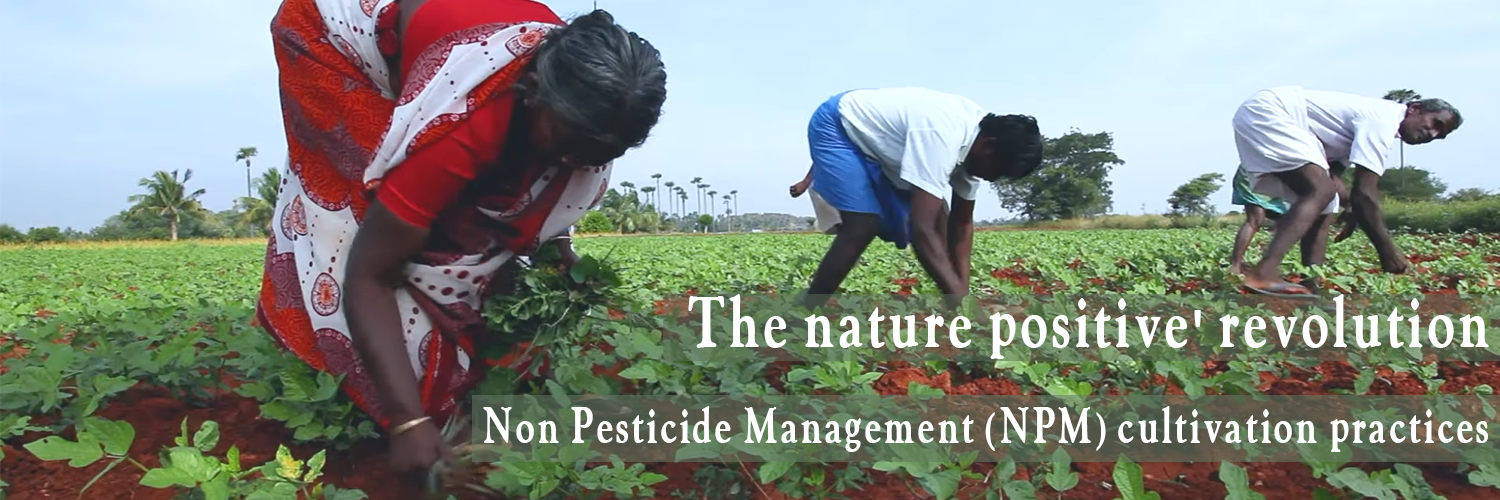
NON PESTICIDE MANAGEMENT IN AGRICULTURE (NPM Project)
Project Locations
This project covered 22 CSOs (Civil Society Organizations) spread across 5 states in Central and Eastern India. The partners’ list was revised in July 2021. Six old partners were no longer deemed to come under the purview of the project (due to various technical and operational reasons) and seven new partners (six in Chhattisgarh and one in Odisha) were added to the project. All the partners are based in some of the most remote districts of Chhattisgarh, Madhya Pradesh and Odisha. In Madhya Pradesh, the project works with two partners based in two districts, in Chhattisgarh the project works with six partners based in five districts, and in Odisha under the Agricultural Production Cluster (APC) Program, the project works with 14 partners based in nine districts. In Central India the focus is on non- perishable crops whereas in Eastern India the focus is more towards perishables.
The project ‘Improving market readiness of smallholder farmers practicing NPM (Non-Pesticidal Management) of Agriculture’ aimed to strengthen the capacities of partners, who are advocating NPM, to promote community based, producer-led, Farmer Producer Organizations (FPOs). The project built the capacity of existing, and recently identified partners of BRLF to reach out to members to institute FPOs and to build the capacities of instituted Farmer Producer Organizations (FPOs) to make them market ready. Another important goal of the project was to enhance the market preparedness of the partner FPOs/CSOs and open up for them the possibility of working at scale to connect farming communities with organized markets. This was attempted through strengthening their capacities on NPM (Non-Pesticidal Management) production, setting up the NPM Guarantee System and setting up relevant supply chains for NPM produce.
The project was anchored by SEEDS (Social Education Economical Development Society) and was implemented by the NPM Network. It was carried out over a period of three years from 2019 to March 2022. The project was funded by Bharat Rural Livelihoods Foundation (BRLF). The project built on the earlier initiative of BRLF to work with these CSOs to promote NPM production. A majority of the farmers covered under the project were women and tribal and were based in some of the most remote and toughest geographies of our country. The project, by improving the market readiness of the smallholder farmers practicing NPM and by enhancing the capacities of their organizations, not only aimed to promote the adoption of sustainable agricultural practices at scale, but also attempted to augment their incomes by enabling them to leverage organized markets.

